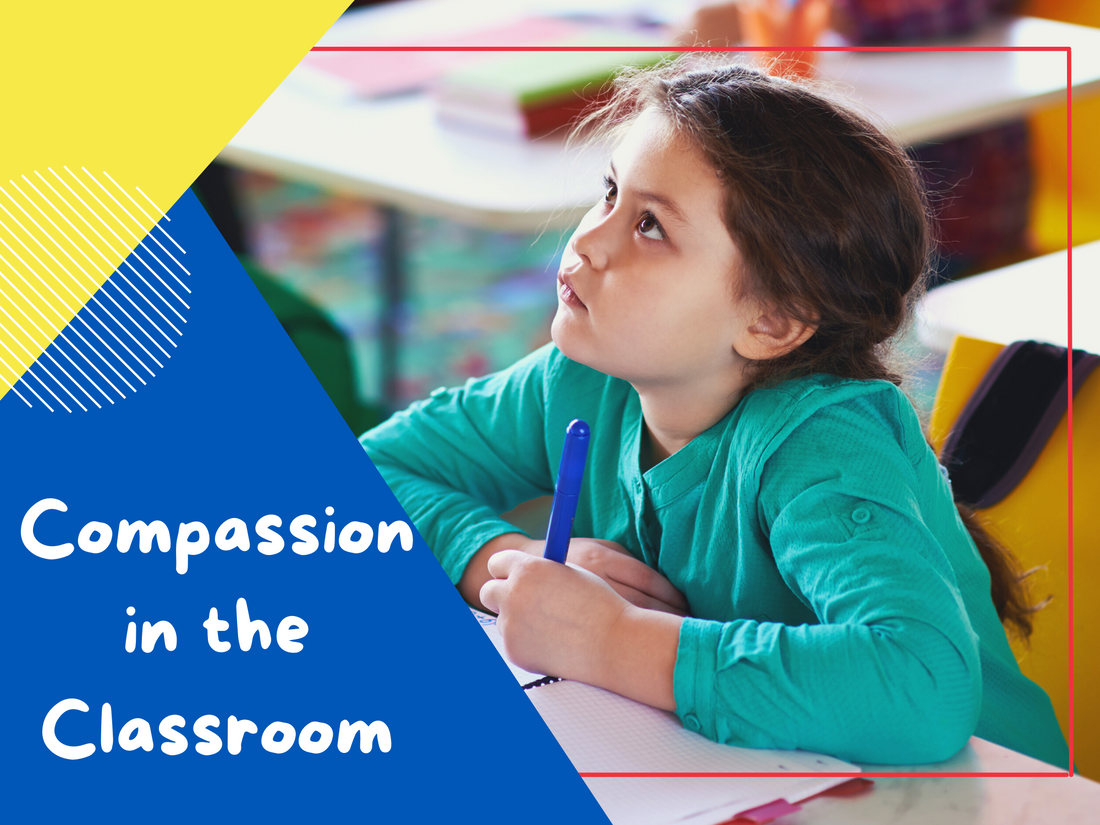Pros and Cons of “I Wish My Teacher Knew...”
The ‘I Wish My Teacher Knew’ movement exploded when third-grade teacher Kyle Schwartz shared a crumpled-up yellow note on her Twitter account. The note said, “I wish my teacher knew I don’t have pencils at home to do my homework.”
That share evolved into Ted talks and a book by Schwartz. More importantly, it became another tool for educators.

In the early weeks of the school year, Schwartz asked students to finish the sentence, “I wish my teacher knew...” to hasten personal connections to improve individual learning. Her question was an extension of counsel from her mentor Rachel Bernard. Bernard taught Schwartz:
“Learning does not happen in a vacuum; you have to create community.”
And
“You have to find one thing you genuinely like about each student. Even if everything else is hard to manage, you have to hold on to at least one thing you appreciate. If kids think you don’t like them, they will not learn from you.”
YouTube Videos
YouTube videos document varied student responses to the question, “What I wish my teacher knew?” Many responses are light-hearted and help make connections based on likes and dislikes. Many are heart rendering. Responses given by high school students are full of adult responsibilities, and in some cases, crippling student mental health issues.

Critics of this question point out it forces or makes students feel coerced to share personal things when trust has not been properly developed. Another argument is some things are too big for one teacher, school, or school system. And what are you, as a teacher, prepared to do when you are privileged to difficult personal information?
However, Schwartz recognizes:
To gain student trust, this exercise must be voluntary. Student responses should be made as anonymous as possible. (Though true anonymity is rarely possible in the classroom setting.)
Despite the critical arguments, the numerous comments made by students on YouTube videos validate the question. Sometimes simply knowing your teacher knows you are dealing with something that presents extreme challenges to learning provides support in and of itself, even if the teacher cannot specifically do anything about it.
To Improve Learning, Every Student Needs
When a student is so focused on the basic needs of life or dealing with complicated family issues, focusing on learning is next to impossible. Even in our family’s stable situation, I have often heard my highly anxious high schoolers start a statement with “If my teacher only knew...” followed by something distracting them from the learning process.
Basic needs include food, shelter, clothing, learning supplies and space, and safe, positive social connections. Again, many of these issues are beyond a teacher’s individual capacity to meet. However, making adjustments for individuals and bringing issues to the forefront of the larger community can make a giant impact on the learning taking place in the classroom.
Individuals struggling can be assured they are not alone. Struggles often isolate us and put us in a personal bubble. When in reality, many others are facing similar trials.

What happens when we allow our little bubble to collide with others? We find community, support, and in many cases, direction because not everyone is in the same stage of the struggle.
Asking students what they wish their teacher knew is a technique to accelerate the colliding process. It brings out issues to address that may impede learning. They can be physical issues (My family can’t pay for all the notebooks my teachers require.) or emotional ones. (My grandmother has cancer, and I am worried she is going to die.)
“The work of teaching is relationship building. We are not teaching subjects; we are teaching students.” - Kyle Schwartz
Lessons from the Book: I Wish My Teacher Knew
If you are looking for student responses to the question ‘I wish my teacher knew’, Schwartz’s book is disappointing. However, her book points out many challenges students face that affect learning, including poverty, trauma, grief and loss, changes in family structure, immigration, and highly transient families.
Building Community
A community takes us out of our individual bubbles to provide connections that bring knowledge, inspiration, resources, and support. A community enhances learning by celebrating successes and consoling hurts.
A community cares about each other and wants to help each other do the best they can. Teachers build a community by making connections with students and their parents and promoting students to make connections with each other.

It is so much easier for students to engage in the learning process when they feel someone cares; someone is counting on them to be part of the team; someone will honestly answer their questions, and someone is cheering them on.
In addition, when a strong community is in place, what teachers really want to say can be received by students in the right spirit. It is easier for students to accept and implement corrections inside a strong, loving community.
Dealing with Complex Issues
In her Ted Talk, Schwartz sums up the benefit of building a classroom community to deal with complex issues. She says,
Using Reflection to Improve Communities
Powerful, insightful, compassionate teachers know they can’t solve every problem in the way of a child’s education. But they know they have the power of a community behind them. Reflecting on issues brought up by students and finding a way to voice them and problem-solve increase learning.
Schwartz recognized food insecurity was a major problem in her elementary school. For the brain to process, it needs adequate levels of glucose and essential vitamins and minerals. In her classroom, Schwartz initiated a food drawer available to students with no questions asked and then noted fewer trips to the school nurse for headaches and stomach aches which increased classroom learning time.
As a school community, they implemented breakfast in the classroom, which resulted in “improved math scores, attendance, punctuality, depression, anxiety, and hyperactivity.”
Some Changes to the Question May Better Serve Your Classroom
Schwartz’s question is just an idea. A starting point. Or even a thought to augment what you are already doing to build relationships with your students.
By all means, personalize the question to meet your classroom needs. Maybe it would be better to ask;
- How can I help you succeed in my class?
- How do you learn best? Reading? Auditory? Movement?
- Who was your favorite teacher? Why?
- What makes you happy?
- What do you not like?
Thank you, Teachers!
Thank you, our dear teachers, for caring! Thank you for building a sense of community. Thanks for your late nights and early mornings. Thanks for sacrificing your personal funds and time to build a better tomorrow. Thank you for touching the future with compassionate determination!
Teacher Power Powers Teachers
Teachers work hard and empower students. Teacher Power powers teachers with cost-effective sugar-free energy drinks.
We know teachers are on a budget. And we know it takes oodles of energy to compassionately steer students in the classroom. With Teacher Power in your cup, your energy problems are solved in a tasty but efficient manner. One scoop of Teacher Power Energy Drink provides 100 mg of caffeine and a full array of B-Vitamins.

Throw out the diet sodas and the expensive coffees and try out one of our six amazing flavors. We even carry two flavors with immunity-boosting ingredients to ramp up the immune system to fight off colds and flu cases.
And the best part, Teacher Power donates a portion of every purchase to provide school supplies for our most vulnerable learners. Why wait? Order a tub or sample pack today.
By: Jae O. Haroldsen
The content of Teacher Power’s website is for information only, not advice or guarantee of outcome. Information is gathered and shared from reputable sources; however, Teacher Power is not responsible for errors or omissions in reporting or explanation. No individuals, including those taking Teacher Power products, should use the information, resources or tools contained within to self-diagnosis or self-treat any health-related condition. Teacher Power gives no assurance or warranty regarding the accuracy, timeliness or applicability of the content.
Sources:
Schwartz, Kyle. “I Wish My Teacher Knew.” Da Capo Lifelong Books. 2016.
Schwartz, Kyle. “What Kids Wish Their Teachers Knew.” TedxKyoto. Youtube. 2016.
McClure, Shelia. “I Wish My Teacher Knew.” YouTube. 2015.
Shevrin Venet, Alex. “What I Wish Teachers Knew about ‘What I Wish My Teacher Knew.” Unconditional Learning. 2021. https://unconditionallearning.org/2021/08/03/what-i-wish-teachers-knew-about-what-i-wish-my-teacher-knew/
Chan, Jonathan. “The 5 Benefits of Community.” Huffington Post. 2017. https://www.huffpost.com/entry/the-5-benefits-of-communi_b_10390826

